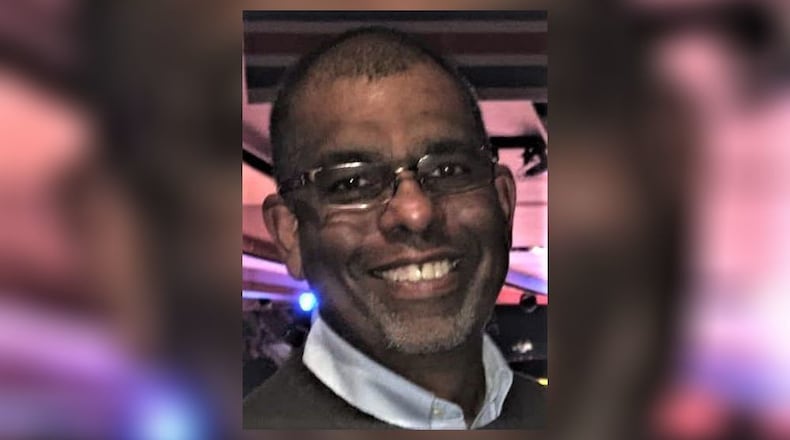Every time I hear it, I think, Says who?
I’ll leave the debate on Harris’ race and ethnicity to the pundits.
I’m more interested in how others attempt to label a person of color and the harm that causes.
I know. For my entire adult life, I’ve occasionally heard that I’m not Black enough. Why?
1. My last name
I have a Hispanic last name, so that means I’m not Black, right? Wrong. In 1502, Spaniards began transporting African slaves to the island of Hispaniola, which is now Haiti and the Dominican Republic. As a child, my paternal grandmother clung deep to her Dominican heritage, and she did that, I later found out, because she was ashamed of being a descendent of slaves. If all of my descendants had been dropped off in South Carolina, like on my mother’s side, I would have been a Harris or McKennzie.
2. I don’t talk Black enough
I grew up in the Bronx, New York. New Yorkers sound like — New Yorkers. We say, “Tawk,” instead of talk, “owrenge” instead of orange. While I have lost the thick accent, I still lapse into New York-speak (”chalk-lit” for chocolate) and the short staccato greeting of, “How ya doin.’” Expecting me to speak a certain way is like expecting someone from Nashville to sound like a person from California. When people say I don’t talk Black enough, they really mean, “You’re articulate, and I didn’t expect that,” as if it’s rare that a person with darker skin can string together cogent sentences. Our soon-to-be ex-president famously called candidate Barack Obama “The first mainstream African American who is articulate and bright and clean and a nice-looking guy.” That’s as if everyone who came before him was a mumbling, dumb, filthy fool.
3. I don’t act/dress Black enough
If you had seen me in the 1970s, you would have thought I was Fly Guy in the movie I’m Gonna Git You Sucka. (Look it up; it’s hilarious). But who wears polyester jumpsuits and platform shoes with goldfish anymore? On the other hand, I know an Irish guy who doesn’t like haggis, a Scot who doesn’t wear a kilt, and someone of Norwegian heritage who would recoil at eating fermented whale. The “don’t act/dress Black enough” translates to, Wow, you don’t wear your pants around your hips with expensive unlaced shoes and a hoodie while doing drive-bys before fathering another baby.”
Sadly, that’s not much of an exaggeration since polls show upwards to 30% of Americans consider Black people lazy, violent, and dumb.
My name, speech, and approach help cut down on stereotyping but result in another problem. Years ago, a person at this newspaper (long gone) told me it needed more Black editors because “You’re not really Black.”
This person meant that my behavior made me acceptable to the majority. I could present well at community events, and appear on TV and in commercials.
I was good as long as I “wasn’t Black.”
Race is a societal construct meant to subjugate one group to another. So now, the group that wanted to “keep me in my place” because of skin color decided I was OK because they deemed I wasn’t all that Black. As a result, they didn’t see me as a threat.
Dismissing my blackness so they could feel better dismissed the essence of me.
That stung and still does.
That’s what we’re doing now with Harris, the presumptive Democratic nominee. If society can dismiss the part of her that is Black, then it doesn’t have to acknowledge that America could very well elect two African American presidents in 20 years (I still see Trump as a slight favorite). It can keep her in a box the majority finds comfortable.
The saying, “Don’t judge a book by its cover,” should be updated to, “Don’t judge a book by its color.”
Kamala Harris should label herself. Anything else dismisses her life’s experience and who she is.
To that end, I should label me.
And if you ask me what I am, that’s an easy answer.
I’m no different than you.
Ray Marcano’s column appears on these pages each Sunday.
About the Author
